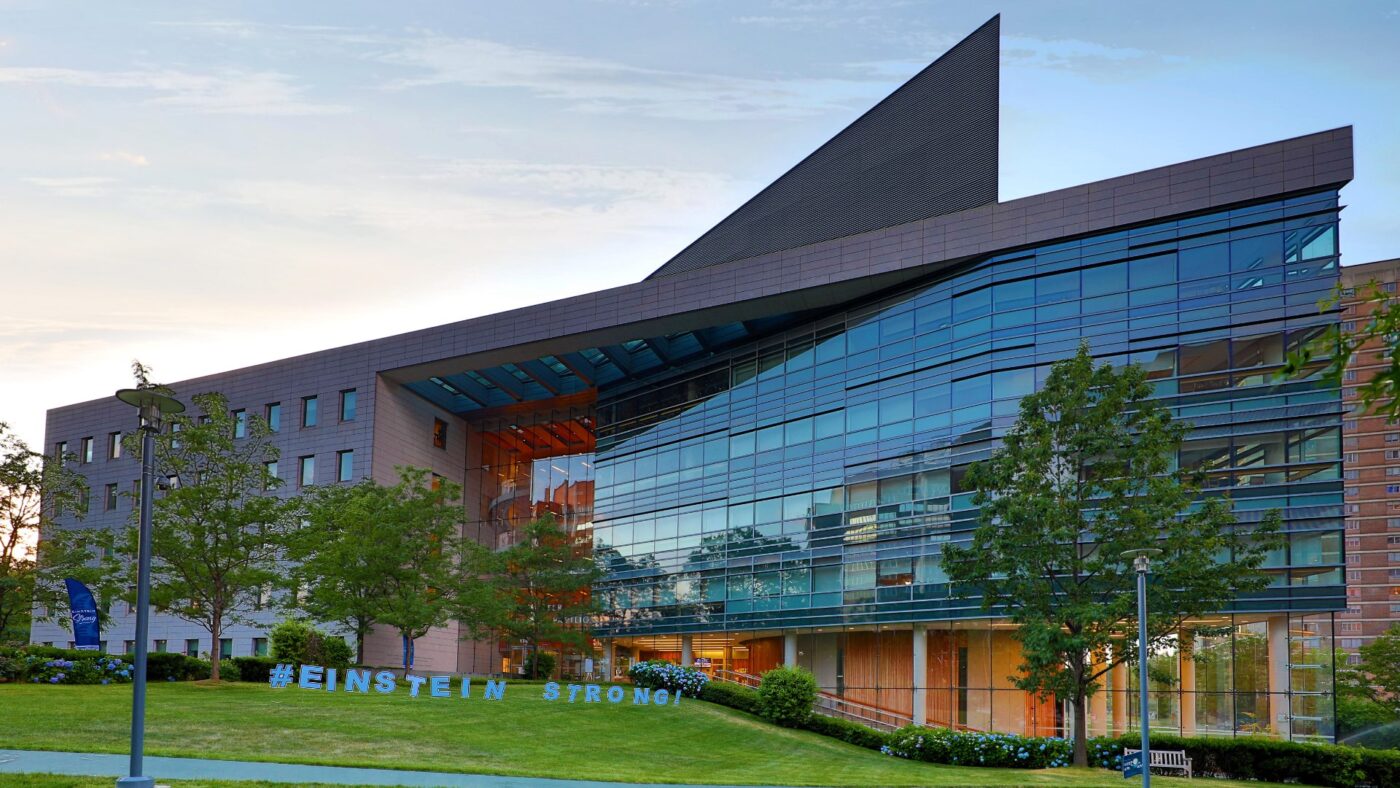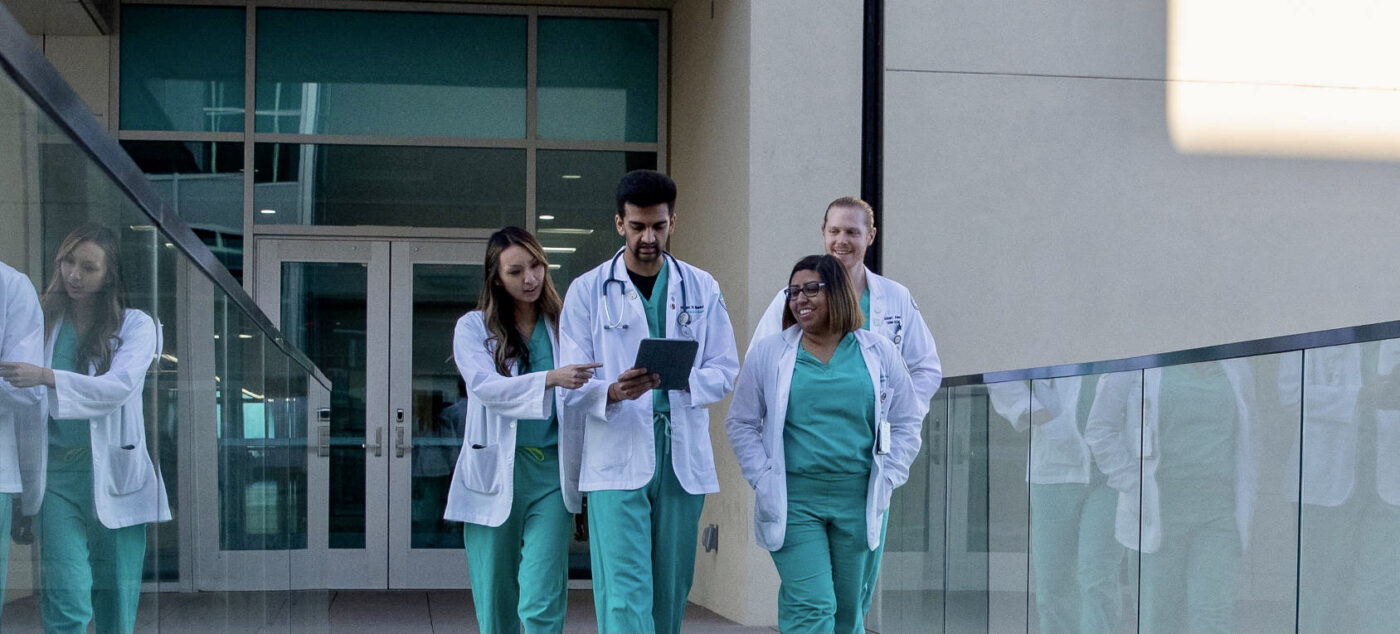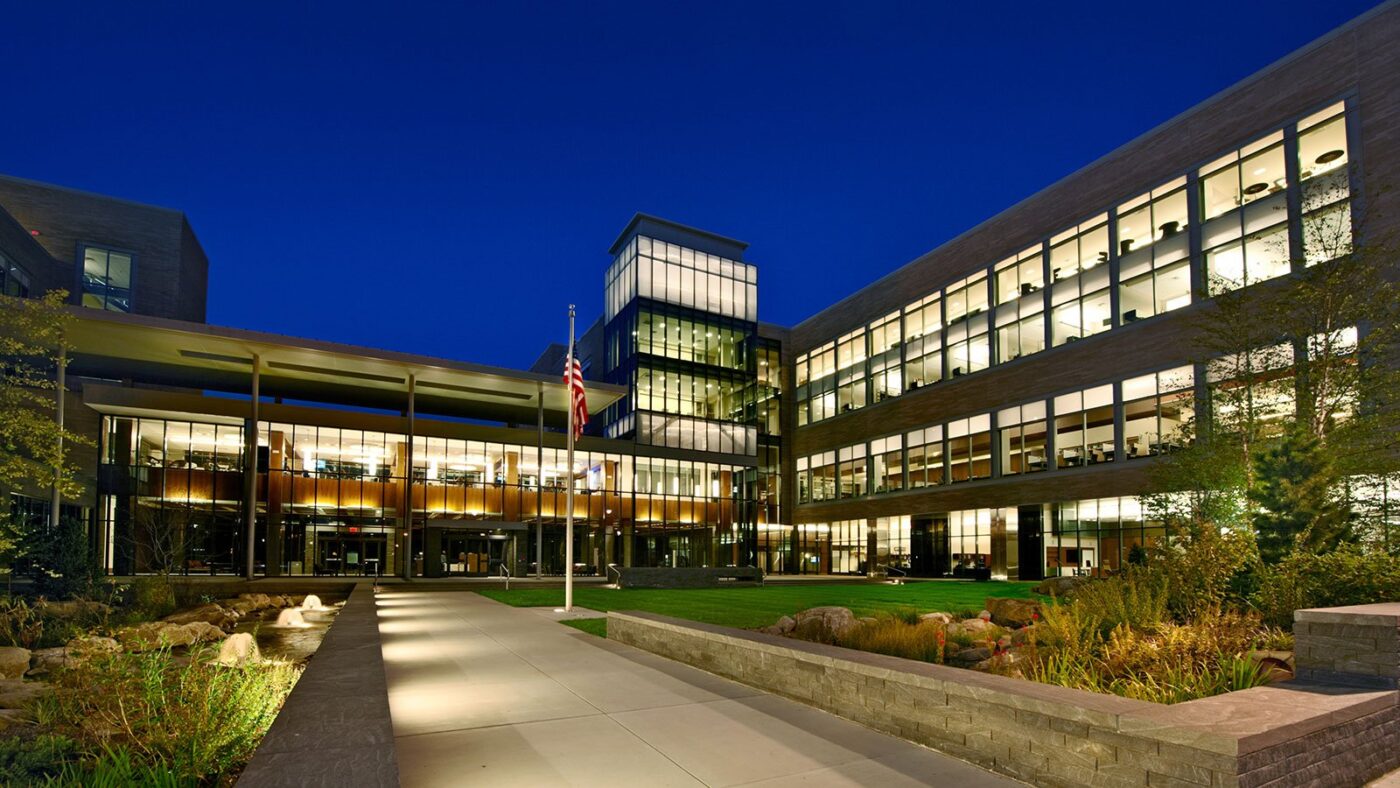The recent announcement of a $1 billion donation by Ruth Gottesman to the Albert Einstein College of Medicine has sent waves of excitement and optimism throughout the medical education community and beyond.
This unparalleled act of generosity is poised to eliminate tuition fees for all students attending the Bronx-based medical school, heralding a new era for prospective physicians. Gottesman’s gift, in memory of her late husband David Gottesman, a partner of Warren Buffett, marks a significant stride toward making medical education accessible to a broader demographic, irrespective of their financial background.
Breaking Barriers in Medical Education
The shadow of debt that looms over medical students has long been a deterrent for many bright minds considering a career in medicine. With the annual expenses for medical students reaching nearly $100,000, including tuition, books, and living costs, the financial burden can steer graduates towards higher-paying specialties, potentially sidelining areas with a greater need for healthcare providers.
Gottesman’s donation directly addresses this challenge, liberating students from the financial constraints that shape career paths and allowing them to pursue specialties based on passion and societal need rather than economic pressures.
Enriching Diversity in Healthcare
One of the most profound impacts of this donation will be its ability to diversify the medical profession. Financial barriers often preclude talented individuals from underrepresented communities from pursuing medical careers.
By offering a tuition-free education, the Albert Einstein College of Medicine opens its doors wider to students, fostering an environment where diverse perspectives and experiences enrich the learning process. This diversity is not just beneficial for the medical student community; it is critical for addressing healthcare disparities and ensuring equitable care for all populations.
Catalyzing Change Beyond Einstein
The magnitude of Gottesman’s donation has the potential to inspire a new wave of philanthropy focused on medical education and healthcare. As other institutions witness the impact of tuition-free medical education on student diversity, career choice, and community health outcomes, there is hope that more donors will step forward to support similar initiatives.
This could set off a domino effect, leading to broader reforms in how medical education is funded and who has access to it.
Leadership and Legacy
At the heart of this historic gift is a story of visionary leadership and enduring legacy. Gottesman’s longstanding involvement with the Albert Einstein College of Medicine and her close relationship with Dr. Philip Ozuah underscore the importance of aligned values and leadership in enacting meaningful change. The decision to maintain the medical school’s name honors the legacy of Albert Einstein, emphasizing the institution’s commitment to excellence, innovation, and social responsibility.
The Road Ahead for Medical Education
The gift to the Albert Einstein College of Medicine arrives at a critical juncture, underscoring the urgent need for a healthcare workforce that is as diverse as the population it serves. It challenges the status quo of medical education financing and sets a bold vision for a future where access to medical education is based on merit and potential, rather than financial capacity.
Furthermore, the decision to preserve the institution’s name highlights respect for tradition and the historical significance of Albert Einstein’s contributions to science and humanity. This act of philanthropy not only facilitates a debt-free path for aspiring doctors but also encourages a reevaluation of priorities within medical education and healthcare at large.
Ruth Gottesman’s donation to the Albert Einstein College of Medicine is more than a financial contribution; it is an invitation to reimagine the future of medical education.
Albert Einstein College of Medicine now proudly joins the distinguished ranks of medical schools offering free tuition, a move made possible by Ruth Gottesman’s unprecedented $1 billion donation.
This gift ensures that financial barriers do not hinder the aspirations of future medical professionals, aligning Albert Einstein College of Medicine with other prestigious institutions committed to alleviating the financial burdens of medical education.
New York University Grossman School of Medicine (NYU Grossman): Recognized for its forward-thinking approach, NYU Grossman provides free tuition to all its students, emphasizing the importance of accessibility in medical education. This policy aims to attract a diverse array of talent, unencumbered by the prospect of debt.
Cleveland Clinic Lerner College of Medicine (CCLCM): Offering a unique five-year MD program, CCLCM awards a full-tuition scholarship to each of its students. The program’s design integrates extensive research opportunities, preparing graduates for impactful careers in medicine.
Kaiser Permanente Bernard J. Tyson School of Medicine: With a focus on integrating into the Kaiser Permanente healthcare system, this institution provides free tuition to all students. The school’s mission is to cultivate physicians who embody the values and practices of Kaiser Permanente’s esteemed healthcare model.
The F. Edward Hebert School of Medicine (Hebert School): Serving those committed to a career in the U.S. armed forces, the Hebert School offers free tuition and commissions its students as military officers. Graduates embark on careers dedicated to serving their country through military medicine.
Geisinger Commonwealth School of Medicine: Situated in rural Pennsylvania, Geisinger Commonwealth extends full-tuition scholarships to all MD students. The school’s commitment lies in producing physicians ready to address the needs of rural and underserved communities, ensuring equitable healthcare access for all.
Albert Einstein College of Medicine’s entry into this exclusive group signifies a monumental shift in the landscape of medical education. By removing financial barriers, these institutions not only broaden access to medical education but also foster a healthcare workforce reflective of society’s diverse needs.
This initiative by Albert Einstein College of Medicine underscores a shared vision among these pioneering schools: to cultivate a generation of physicians driven by passion and service rather than the constraints of debt.
By removing the financial barriers to medical school, this gift promises to cultivate a generation of physicians empowered to choose specialties that fulfill both their passions and the needs of their communities. It stands as a testament to the power of philanthropy to effect change and paves the way for a healthcare landscape defined by diversity, equity, and excellence.
International Medical Aid extends its heartfelt congratulations to the Albert Einstein College of Medicine and to all prospective students who will benefit from the transformative opportunity of receiving a free education.
This monumental donation marks a significant milestone in medical education, opening doors for aspiring physicians to pursue their dreams without the burden of financial constraints. We are thrilled to witness the positive impact this will have on the medical community and healthcare industry at large, fostering a new generation of dedicated, diverse, and debt-free medical professionals ready to serve society’s health needs.






